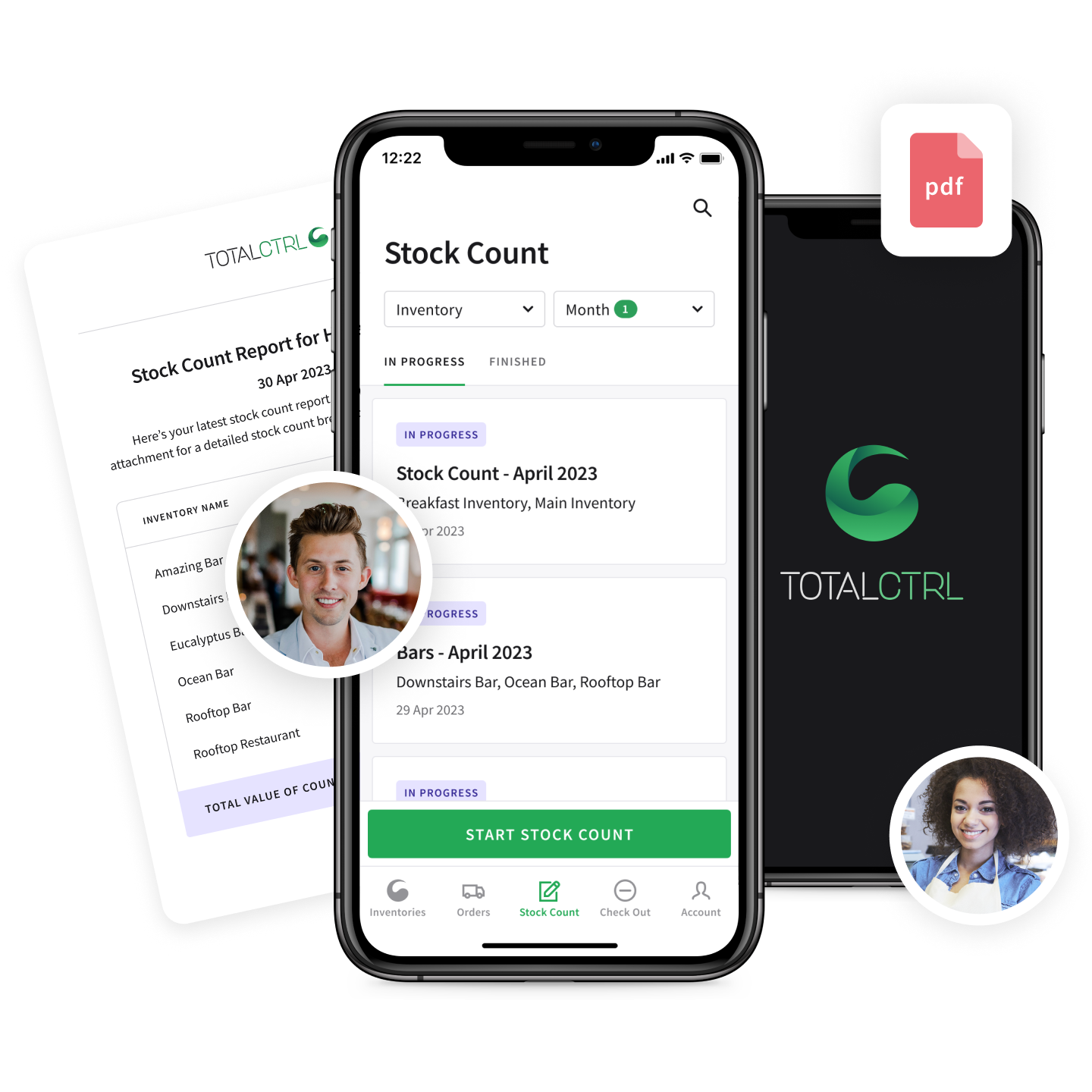Understanding the trading hours of the world’s major stock markets is essential for anyone involved in stock trading or investing. Whether you're a beginner trying to figure out when to place trades or a seasoned trader managing positions across different time zones, knowing when markets are open can be the difference between opportunity and missed chances.
In this blog post, we’ll dive deep into:
-
The standard trading hours of major global markets
-
Differences between pre-market, regular, and after-hours trading
-
Time zone conversions
-
Holiday closures
-
Strategic implications of overlapping markets
-
Tips for managing trades across multiple exchanges
Let’s break it all down market by market.
1. Why Trading Hours Matter
Market hours define when you can buy or sell publicly traded stocks. Trades placed outside of these windows are either queued or executed during extended hours trading, which has different liquidity and risk characteristics.
Stock markets generally follow the business hours of their home country, but thanks to globalization and electronic trading, you can now trade during extended hours in many cases.
Knowing when each exchange opens and closes allows you to:
-
Time your entries and exits effectively
-
Monitor international market influences
-
Align your strategies with market overlaps
-
Avoid placing trades that might get delayed or rejected
2. Regular Trading Hours of Major Stock Markets (Local Time & UTC)
Let’s look at the normal operating hours for the world’s most influential stock exchanges.
a) New York Stock Exchange (NYSE) & NASDAQ – United States
-
Regular Hours: 9:30 AM – 4:00 PM (Eastern Time)
-
UTC Equivalent: 2:30 PM – 9:00 PM UTC (Standard Time)
→ During Daylight Saving: 1:30 PM – 8:00 PM UTC
b) London Stock Exchange (LSE) – United Kingdom
-
Regular Hours: 8:00 AM – 4:30 PM (GMT)
-
UTC Equivalent: 8:00 AM – 4:30 PM UTC
→ During British Summer Time (BST): 7:00 AM – 3:30 PM UTC
c) Tokyo Stock Exchange (TSE) – Japan
-
Regular Hours:
-
Morning session: 9:00 AM – 11:30 AM
-
Afternoon session: 12:30 PM – 3:00 PM (Japan Standard Time)
-
-
UTC Equivalent:
-
Morning: 12:00 AM – 2:30 AM UTC
-
Afternoon: 3:30 AM – 6:00 AM UTC
-
d) Shanghai Stock Exchange (SSE) – China
-
Regular Hours:
-
Morning session: 9:30 AM – 11:30 AM
-
Afternoon session: 1:00 PM – 3:00 PM (China Standard Time)
-
-
UTC Equivalent:
-
Morning: 1:30 AM – 3:30 AM UTC
-
Afternoon: 5:00 AM – 7:00 AM UTC
-
e) Hong Kong Stock Exchange (HKEX)
-
Regular Hours:
-
Morning: 9:30 AM – 12:00 PM
-
Afternoon: 1:00 PM – 4:00 PM (Hong Kong Time)
-
-
UTC Equivalent:
-
Morning: 1:30 AM – 4:00 AM UTC
-
Afternoon: 5:00 AM – 8:00 AM UTC
-
f) Euronext – Pan-European Exchange (Includes France, Netherlands, etc.)
-
Regular Hours: 9:00 AM – 5:30 PM (Central European Time)
-
UTC Equivalent: 8:00 AM – 4:30 PM UTC
→ During Daylight Saving: 7:00 AM – 3:30 PM UTC
g) Australian Securities Exchange (ASX)
-
Regular Hours:
-
10:00 AM – 4:00 PM (Australian Eastern Standard Time)
-
-
UTC Equivalent:
-
12:00 AM – 6:00 AM UTC (Standard Time)
-
11:00 PM – 5:00 AM UTC (Daylight Saving Time)
-
h) Toronto Stock Exchange (TSX) – Canada
-
Regular Hours: 9:30 AM – 4:00 PM (Eastern Time)
-
UTC Equivalent: Same as NYSE/NASDAQ (1:30 PM – 8:00 PM UTC during DST)
i) Bombay Stock Exchange (BSE) / National Stock Exchange (NSE) – India
-
Regular Hours: 9:15 AM – 3:30 PM (Indian Standard Time)
-
UTC Equivalent: 3:45 AM – 10:00 AM UTC
3. Extended Hours: Pre-Market and After-Hours Trading
United States (NYSE/NASDAQ)
-
Pre-Market: 4:00 AM – 9:30 AM ET
-
After-Hours: 4:00 PM – 8:00 PM ET
Extended trading hours are useful for reacting to earnings reports, global news, or macroeconomic announcements. However, volume tends to be lower, and bid-ask spreads are wider, increasing the risk of poor executions.
Other Markets
Most other global markets have little or no access to extended hours for retail investors. Some brokers or electronic platforms may offer limited access depending on the market.
4. Time Zone Conversions and DST Adjustments
One of the most challenging aspects of global trading is handling time zones and daylight saving time (DST). Here’s how to stay on top:
-
The US, UK, and EU observe DST, usually shifting market hours by one hour during certain months.
-
Asia-Pacific regions like Japan and China do not observe DST.
-
Use a reliable world clock or market hours tool to double-check before placing trades across time zones.
5. Holiday Closures and Shortened Sessions
Major holidays (market closures) include:
-
United States: New Year’s Day, Independence Day, Thanksgiving, Christmas Day
-
UK: Christmas, Boxing Day, New Year’s Day, Good Friday
-
Japan: Golden Week, New Year’s Holidays
-
China: Chinese New Year, National Day
-
India: Diwali, Holi, Gandhi Jayanti
Early closings often occur around the holidays, especially in the U.S., where the NYSE may close at 1:00 PM ET the day after Thanksgiving or before Christmas Eve.
Always check with your broker or the exchange’s website for holiday trading schedules, as they can change year to year.
6. Strategic Importance of Market Overlaps
Some time periods are more liquid and volatile because multiple markets are open at once. These overlaps are critical for traders, especially in Forex and global equities.
Key Market Overlaps:
-
London/New York Overlap (1:30 PM – 4:30 PM UTC)
This is the most volatile time for trading, as it includes the world’s two largest financial centers. -
Tokyo/London Overlap (7:00 AM – 9:00 AM UTC)
Less volume than the U.S./London window, but still active for cross-border trading.
For stock traders focusing on international markets, these overlaps offer better liquidity and tighter spreads.
7. Best Times to Trade in Specific Markets
U.S. Market
-
Best times: 9:30 AM – 11:30 AM ET and 3:00 PM – 4:00 PM ET
The open sees heavy volume and news reactions. The close has high activity as traders adjust positions.
UK Market
-
Best times: 8:00 AM – 10:00 AM and 3:00 PM – 4:30 PM GMT
The open and the overlap with U.S. hours offer the most volatility.
Asia Markets
-
Best times: Within the first hour of each session (e.g., 9:00 AM – 10:00 AM local time)
Morning sessions often have the most movement, especially after overnight news.
8. How to Manage Trading Across Multiple Time Zones
a. Use a Market Hours App
Apps like Market24hClock or TimeBuddy let you track when markets open and close in local and UTC time.
b. Follow Economic Calendars
News releases are often timed with market openings. Track global calendars for earnings, interest rate announcements, or GDP data.
c. Automate Trades with Limit/Stop Orders
If you can’t stay awake for Tokyo’s open, use orders that will execute automatically at your price.
d. Monitor Overnight Holdings
If you hold positions during closed hours, you’re exposed to gap risk, where stocks can open significantly higher or lower due to after-hours news.
9. Summary: Global Stock Market Hours at a Glance (UTC Time)
| Exchange | Regular Hours (UTC) |
|---|---|
| NYSE/NASDAQ | 1:30 PM – 8:00 PM |
| LSE | 8:00 AM – 4:30 PM |
| TSE (Tokyo) | 12:00 AM – 2:30 AM / 3:30 AM – 6:00 AM |
| SSE (Shanghai) | 1:30 AM – 3:30 AM / 5:00 AM – 7:00 AM |
| HKEX | 1:30 AM – 4:00 AM / 5:00 AM – 8:00 AM |
| Euronext | 7:00 AM – 3:30 PM |
| ASX | 11:00 PM – 5:00 AM |
| NSE/BSE (India) | 3:45 AM – 10:00 AM |
Knowing the trading hours of major global markets isn’t just about logistics — it’s a cornerstone of a successful trading strategy. Whether you're a day trader looking to trade the open or an investor managing international assets, being in sync with global markets helps you make faster, more informed decisions.
The markets don’t sleep, but you need to plan your trades so you can.


















0 comments:
Post a Comment
We value your voice! Drop a comment to share your thoughts, ask a question, or start a meaningful discussion. Be kind, be respectful, and let’s chat!